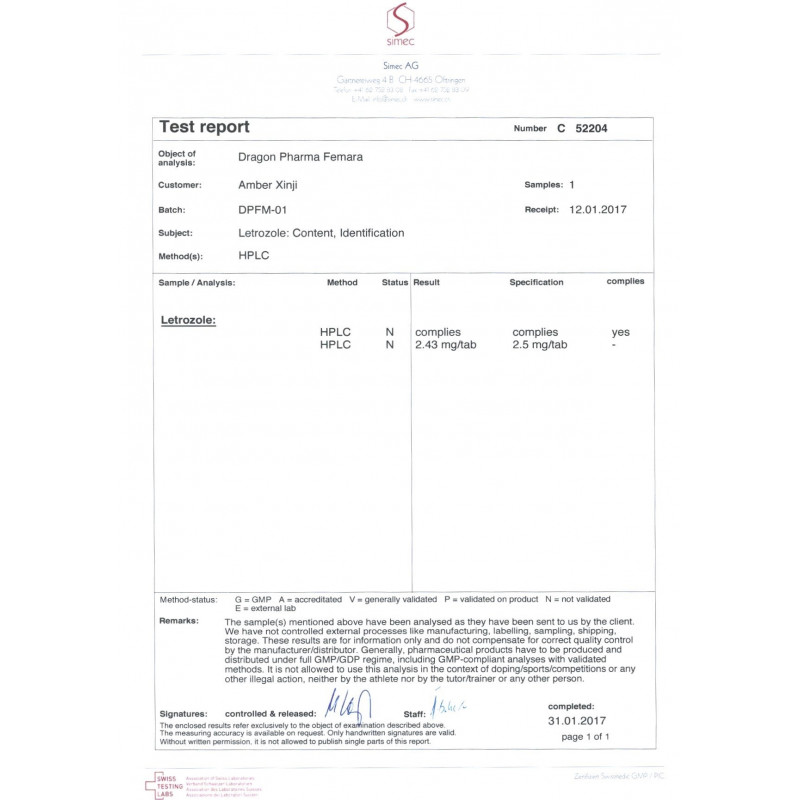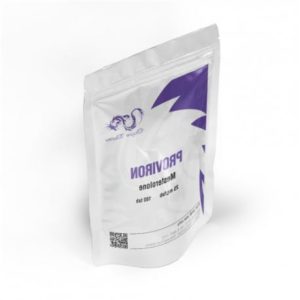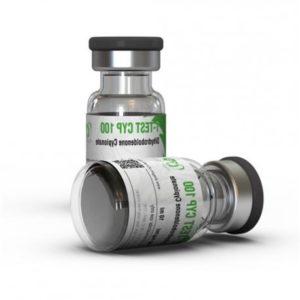Description
Femara, also known as letrozole, is a medication used in the treatment of breast cancer in women. It belongs to a class of drugs called aromatase inhibitors, which work by blocking the production of estrogen, a hormone that can stimulate the growth of some types of breast cancer cells. Femara is often prescribed for women who have already undergone surgery, radiation therapy, or chemotherapy for breast cancer and are at high risk of recurrence. In addition to its use in breast cancer treatment, Femara has also been used off-label for infertility treatment in women.
One of the main effects of Femara is the reduction of estrogen levels in the body. This can have a number of effects on a woman’s body, including hot flashes, night sweats, vaginal dryness, and mood swings. These symptoms are similar to those experienced by women going through menopause, as the reduction in estrogen levels is similar. Women who are taking Femara for breast cancer treatment may also experience bone loss, which can lead to osteoporosis and an increased risk of fractures. This is because estrogen plays a key role in maintaining bone density, and the reduction in estrogen levels caused by Femara can lead to bone loss over time.
Despite the potential side effects of Femara, the drug has been shown to be effective in treating breast cancer. In clinical trials, women who took Femara had a lower risk of recurrence than those who took tamoxifen, another drug commonly used in breast cancer treatment. Femara has also been shown to be effective in reducing the risk of breast cancer in women who are at high risk of developing the disease, such as those with a family history of breast cancer.
In addition to its use in breast cancer treatment, Femara has also been used off-label for infertility treatment in women. The drug works by stimulating ovulation, which can increase the chances of pregnancy in women who are struggling with infertility. While Femara is not approved by the FDA for infertility treatment, it is commonly used by fertility specialists as an alternative to other drugs, such as clomiphene citrate.
As with any medication, there are risks associated with the use of Femara. Women who are taking the drug for breast cancer treatment should be monitored closely for side effects, such as bone loss and hot flashes, and may need to take additional medications to manage these symptoms. Women who are taking Femara for infertility treatment should also be closely monitored, as the drug can increase the risk of multiple births and other complications.









